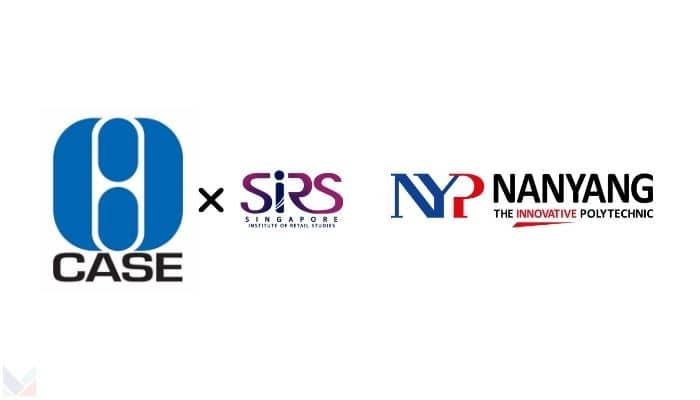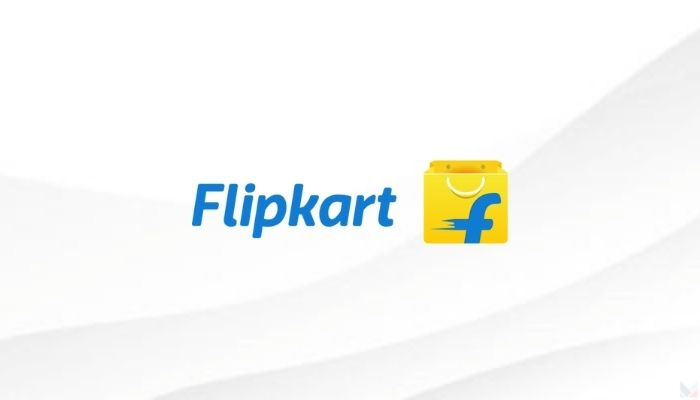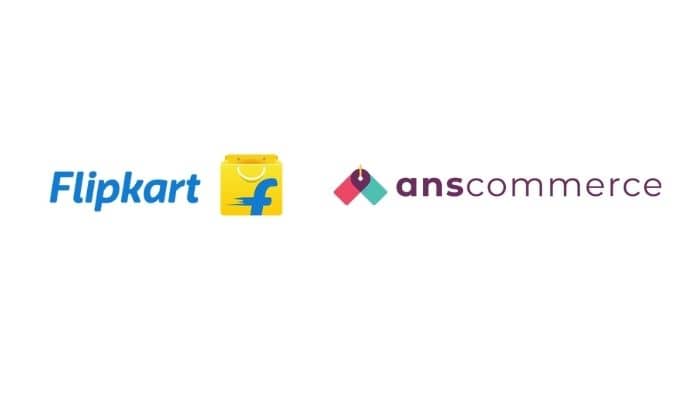Shah Alam, Malaysia — Razer Merchant Services (RMS), the B2B arm of Razer Fintech, has joined hands with Discover Global Network, the payment brand of Discover Financial Services, as the first acquirer to enable Discover Global Network card acceptance at online merchants in Malaysia.
Through this partnership, RMS is setting the stones for its future goal of enabling 2000 e-commerce merchants in Malaysia to accept Diners Club International, Discover, and other affiliate network cards for online transactions by next year -2023.
RMS is taking calculated steps to ensure a potential lead in the future, as according to a report; e-commerce payments in Malaysia is estimated to increase at a Compound Annual Growth Rate of 18.3% from RM28.5b, or $7.1b in 2021, to RM55.7b, or $13.8b in 2025.
By enabling the card scheme, local merchants would access a significant global customer segment with a diversified payment acceptance as the e-commerce industry continues to experience increased growth.
This collaboration offers a strategic advantage for RMS merchants to tap into the billion-dollar market with Discover Global Network and reach more than 280 million cardholders worldwide.
Lee Li Meng, CEO of Razer Fintech, said, “This partnership cements RMS’ continued leadership in enabling a plethora of comprehensive payment channels for our online merchants, thus, providing diverse payment options for their customers.”
Meng added, “RMS merchants can further expand their business reach by casting a wider net in the regional and global market as we look to replicate our offerings with Diners Club International and Discover across Southeast Asia.”
Meanwhile, Jonathon Gould, regional managing director for global acceptance of Discover APAC, shared, “This partnership between Razer Merchant Services and Discover is pivotal in expanding the Malaysian e-commerce market to our global partners. We are committed to continuously providing great benefits and convenience to our cardholders around the world by offering options to make online payments more seamless across borders.”











